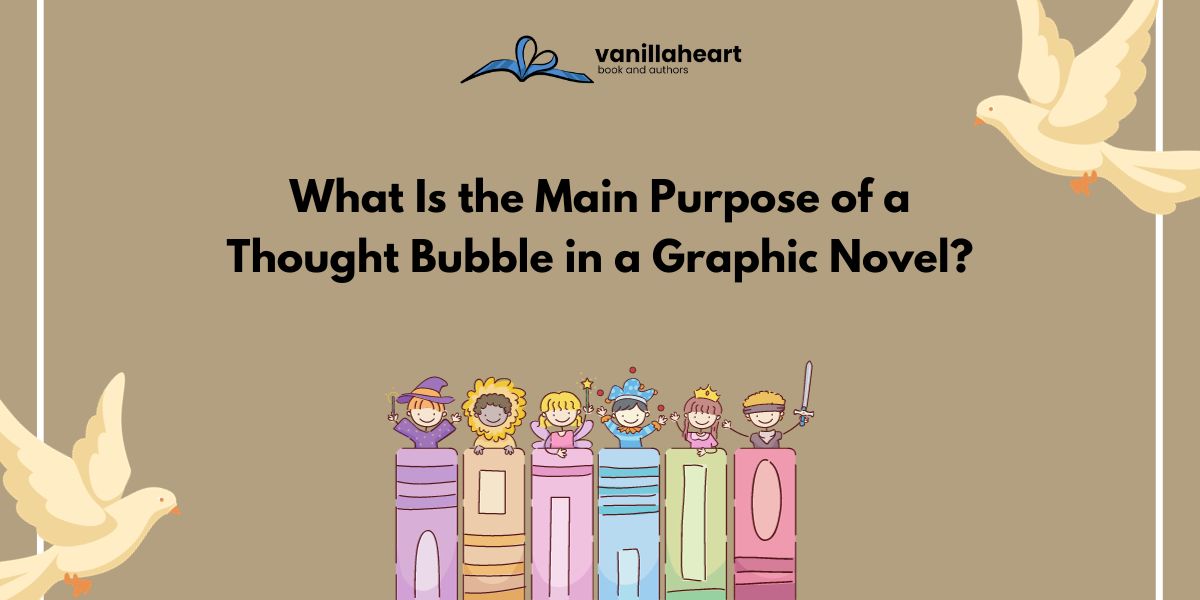
Wikipedia
Wikipedia is the world’s most popular online library. Whenever you need to find anything or any information about anyone, you always go to Wikipedia. We all love this go-to resource for collective information on everything from history to science fiction.
But have you ever considered how Wikipedia can make money without ads like the other websites? It’s important to understand how Wikipedia generates revenue because it affects the quality and reliability of the information available. By knowing where the funding comes from, we can better evaluate the content and make informed decisions about its accuracy.
What is Wikipedia?
So before we dive into and talk about how Wikipedia makes money, let’s first see what Wikipedia is. Wikipedia is a free online encyclopedia that is open for anyone to edit. It is also one of the most popular and the world’s biggest encyclopedias ever. It has over 56 million articles in more than 300 languages. Wikipedia is a great resource for learning about various topics, from history to science to pop culture.
In 2001 Jimmy Wales and Larry Sanger founded this amazing platform day known as the great encyclopedia, Wikipedia. Donations from users and foundations fund the site. Wikipedia is a non-profit organization that does not sell ads or collect user data.
Wikipedia’s revenue model
Wikipedia’s mission is to provide free access to knowledge for everyone. This mission drives the organization and its community of volunteers to continually improve and expand the content available on the site. But how does this mission align with Wikipedia’s revenue model?
Well, it’s quite simple. By providing free access to knowledge, Wikipedia attracts a massive audience from all over the world.
This audience is made up of people who are passionate about learning. They value the importance of accessible information. This audience, in turn, attracts advertisers and partners who want to reach this engaged and informed audience.
So, while Wikipedia may not charge its users for access to its content, it can generate revenue through partnerships and advertising. There are some other ways too.
1- Donations:
The first way with which Wikipedia makes money is through crowdfunding. Wikipedia is a non-profit organization that relies on user donations to fund its operations. Without these donations, Wikipedia could not maintain its servers and pay its staff.
Donating to Wikipedia is easy and can be done through their website. They accept donations of any amount and even offer options for recurring donations. By donating to Wikipedia, you are helping to ensure that the world’s knowledge remains freely accessible to everyone. It is also a way to show appreciation for the hard work of the editors who volunteer their time to keep Wikipedia accurate and up-to-date. Not only that but also organizations who hire Wikipedia writers to keep it updated for others.
No donation is too small. Every little bit helps to keep Wikipedia going strong. If you use Wikipedia, please consider donating today.
Here are some reasons why you should donate to Wikipedia:
- Wikipedia is a valuable resource. It is a free encyclopedia that is available to everyone. It contains various topics, from history to science to pop culture.
- Wikipedia is a labor of love. The editors who work on Wikipedia are volunteers. They donate their time and expertise to make Wikipedia the best it can be.
- Wikipedia is a non-profit organization. The money that is donated to Wikipedia goes directly to support the website. It is not used for advertising or profit.
2- The Wikimedia Foundation:
The Wikimedia Foundation is a non-profit organization that manages Wikipedia and other Wikimedia projects. The foundation is funded by donations from users, who can give as much or as little as they want.
The foundation uses the money it raises to keep Wikipedia running. This includes things like:
Paying for servers:
Wikipedia’s servers must be kept running 24/7, so the foundation must pay for the electricity, internet connection, and other costs.
Hiring staff:
The foundation employs a few staff members who work on fundraising, technical support, and community outreach.
Developing new features:
The foundation is always working on new features for Wikipedia, such as the new Talk page redesign.
Keeping Wikipedia reliable:
The foundation has a team of editors who ensure that Wikipedia’s content is accurate and up-to-date.
3- Corporate Sponsorships:
Another way in which Wikipedia makes money is through sponsorships. Wikipedia gets money from corporate sponsorships but doesn’t let them control what’s written.
Corporations and businesses sponsor Wikipedia because they want to be associated with a trusted source of information. They know that Wikipedia is fair and accurate and want their brand to be seen as such.
The sponsorship agreements between Wikipedia and corporations are very strict. Corporations cannot control what is written on Wikipedia, and they cannot even suggest changes. If they try to do so, their sponsorship will be terminated.
This shows how much Wikipedia cares about its reputation as a trusted source of information. It would rather lose a sponsorship than compromise its integrity.
4- Partner marketing:
You might be taken to a partner website when you click on an outside link on a Wikipedia page. Wikipedia gets a small cut if you buy something after clicking on that link. This is called affiliate marketing, through which Wikipedia makes money. This way, Wikipedia makes money without running ads.
Affiliate marketing is a win-win for everyone involved. Wikipedia Makes money with the commissions, the partner website gets a sale, and you get the product or service you want.
Here’s how Wikipedia makes money with partner marketing:
- Wikipedia partners with a company that sells products or services.
- The partner website agrees to pay Wikipedia a commission for every sale from a Wikipedia link.
- Wikipedia adds links to the partner website’s products or services on its pages.
- When you click on one of these links and purchase, Wikipedia gets a commission.
Affiliate marketing is a great way for Wikipedia to make money while keeping its promise to keep the site free of ads. It’s also a way for Wikipedia to support its community of childrens book editors.
5- The Wikipedia Store sells items:
You might not be aware of this part, but yes, Wikipedia also has a store that sells studs, which is another way Wikipedia makes money.
Imagine a place where you can buy all things Wikipedia. From stylish t-shirts and mugs to cool stickers and more, the Wikipedia Store has a lot of fun items that fans can buy to show how much they love the site.
The best part is that every purchase from the store helps support the good work of the Wikimedia Foundation. This is a win-win situation for everyone!
Here are some of the things you can buy at the Wikipedia Store:
T-shirts:
Show your love for Wikipedia with a stylish t-shirt. There are t-shirts for everyone, from kids to adults.
Mugs:
Keep your morning coffee warm in a Wikipedia mug. There are mugs in a variety of colors and designs.
Stickers:
Add a touch of Wikipedia to your belongings with a cool sticker. There are stickers for laptops, water bottles, and more.
Other items:
Other items are also available at the Wikipedia Store, such as hats, bags, and pins.
No matter what you’re looking for, you will find something at the Wikipedia Store. And best of all, you’ll support a great cause and help Wikipedia Make Money.
6- The Wiki Endowment:
Wikipedia is a free online encyclopedia that is kept going by the Money people donate to it. But the Wikimedia Foundation, which is in charge of running Wikipedia, knows that it can’t always depend on funding. Because of this, they set up a fund called the “Wikimedia Endowment.”
It is a foundation, a pool of money used to support an organization over time. Gifts from Wikipedia users and other fans pay for the Wikimedia Endowment. The money in the foundation is invested, and the interest from the investments is used to keep Wikipedia running.
The Wikimedia Endowment is a smart way to ensure that Wikipedia will make money for a long time. It makes the foundation more stable and less reliant on yearly fundraising. This means that Wikipedia can focus on making information free and easy for everyone worldwide to access.
7- API
The Wikimedia Enterprise API allows businesses to use Wikipedia data in their products. The API provides access to a wide range of data, including article text, images, and metadata.
Businesses can use the API to do things like:
- Add Wikipedia links to their products. For example, YouTube uses the API to add Wikipedia links to videos that need to be factually objective.
- Develop bots that verify the accuracy of Wikipedia content. Meta (formerly Facebook) has used the API to develop a bot that verifies the accuracy of 4 million citations in Wikipedia.
- Create new products that are powered by Wikipedia data. For example, a company could create a product that helps people learn about different topics using Wikipedia articles.
- The cost of using the API varies depending on the amount of data that is being used. The cost starts at $5.00 per gigabyte for a one-time data snapshot. On-demand access costs $0.01 per request.
The Wikimedia Enterprise API is a valuable resource for businesses that want to use Wikipedia data in their products. The API provides access to a wide range of data, and the pricing is reasonable.
Conclusion
We hope that with this guide, you will have learned about the various ways in which Wikipedia makes money. Wikipedia generates revenue to support its mission of providing free and accessible knowledge to everyone.
From relying on user donations to receiving grants from organizations and partnering with companies for advertising revenue, Wikipedia’s revenue model is diverse and crucial for their continued success. It allows them to remain independent and unbiased while providing a valuable resource to millions worldwide.
Related Resource:


